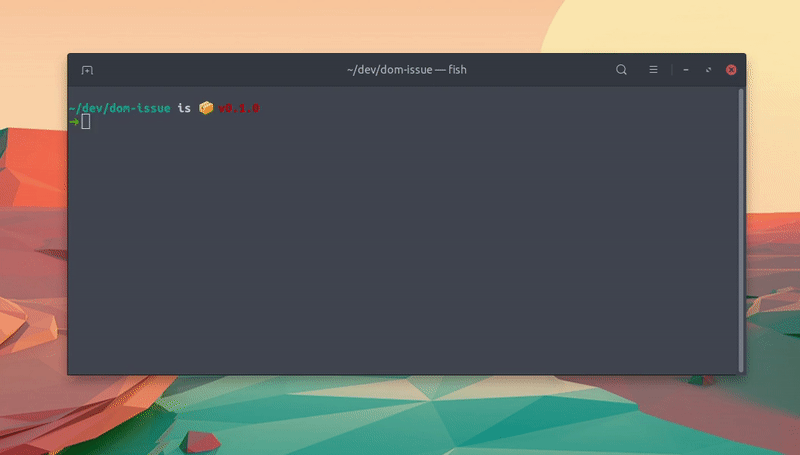README
where-broke
Find the version of a lib that broke your tests

Most often when there is a regression in a lib that we use, we want to know what the last working version was. This project helps you find that version!
Usage
Run the following command in the root of the the project that contains the breaking test (next to package.json). Replace {lib} with the module name that you wish to bisect.
npx where-broke {lib}
Requirements
To make this work, the project should match the following requirements:
- there should be a
package.jsonin the project root - there should be a
testscript defined inpackage.json npm run testreturns a non-zero exit code in case of failurenpm run testreturns a zero exit code in case of success
Example
For example, at a certain moment, @testing-library/dom contained a breaking change that made getByRole('form') fail when the form element didn't have an explicit role defined. To trace this breaking change down, the first thing we need to do is create a reproduction.
For this specific case, the following test would throw on their latest version:
import { getQueriesForElement } from '@testing-library/dom';
function render(html) {
const container = document.createElement('div');
container.innerHTML = html;
return getQueriesForElement(container);
}
test('finds form without role', () => {
const { getByRole } = render('<form />');
getByRole('form');
});
To test this, we would make sure that this script is triggered when running npm run test. I used the test method from jest, but any test script that returns a non-zero exit code on fail, works.
Now, instead of npm run test, we run:
npx where-broke @testing-library/dom
This will take some time, as it will run until it finds the breaking version.
But no worries, we're not going to test them all. We use a "binary search" to speed up the process. Basically, we'll cut the apple in halves, until we find the rotten part.
~/dev/dom-issue
➜ npx where-broke @testing-library/dom
npx: installed 37 in 2.088s
Check for regression in @testing-library/dom
ℹ Found 111 versions, will need to test 7 of them
✖ @testing-library/dom@7.0.2
✔ @testing-library/dom@6.4.0
✔ @testing-library/dom@6.12.0
✖ @testing-library/dom@6.16.0
✔ @testing-library/dom@6.14.0
✖ @testing-library/dom@6.15.0
✖ @testing-library/dom@6.14.1
The tests passed in 6.14.0 and fail since 6.14.1
Now we know, that the breaking change was introduced in 6.14.1. The last version that we can use is 6.14.0, and we can tell the project maintainers that they should look for the cause between 6.14.0 and 6.14.1;
Contributors ✨
Thanks goes to these wonderful people (emoji key):
Stephan Meijer 🤔 💻 🚇 🚧 |
Michaël De Boey 📖 🚇 |
Nick McCurdy 🤔 |
This project follows the all-contributors specification. Contributions of any kind welcome!
